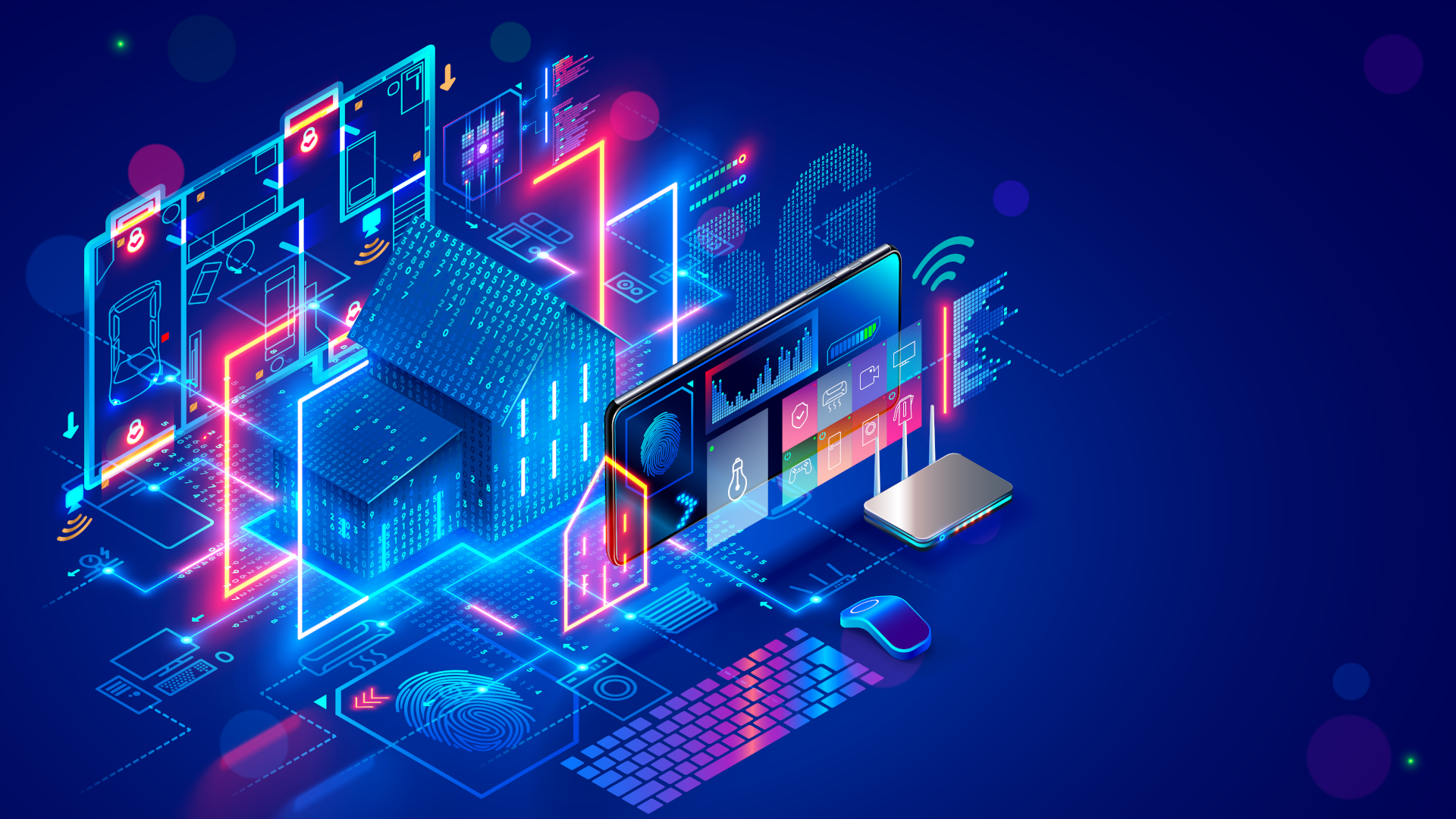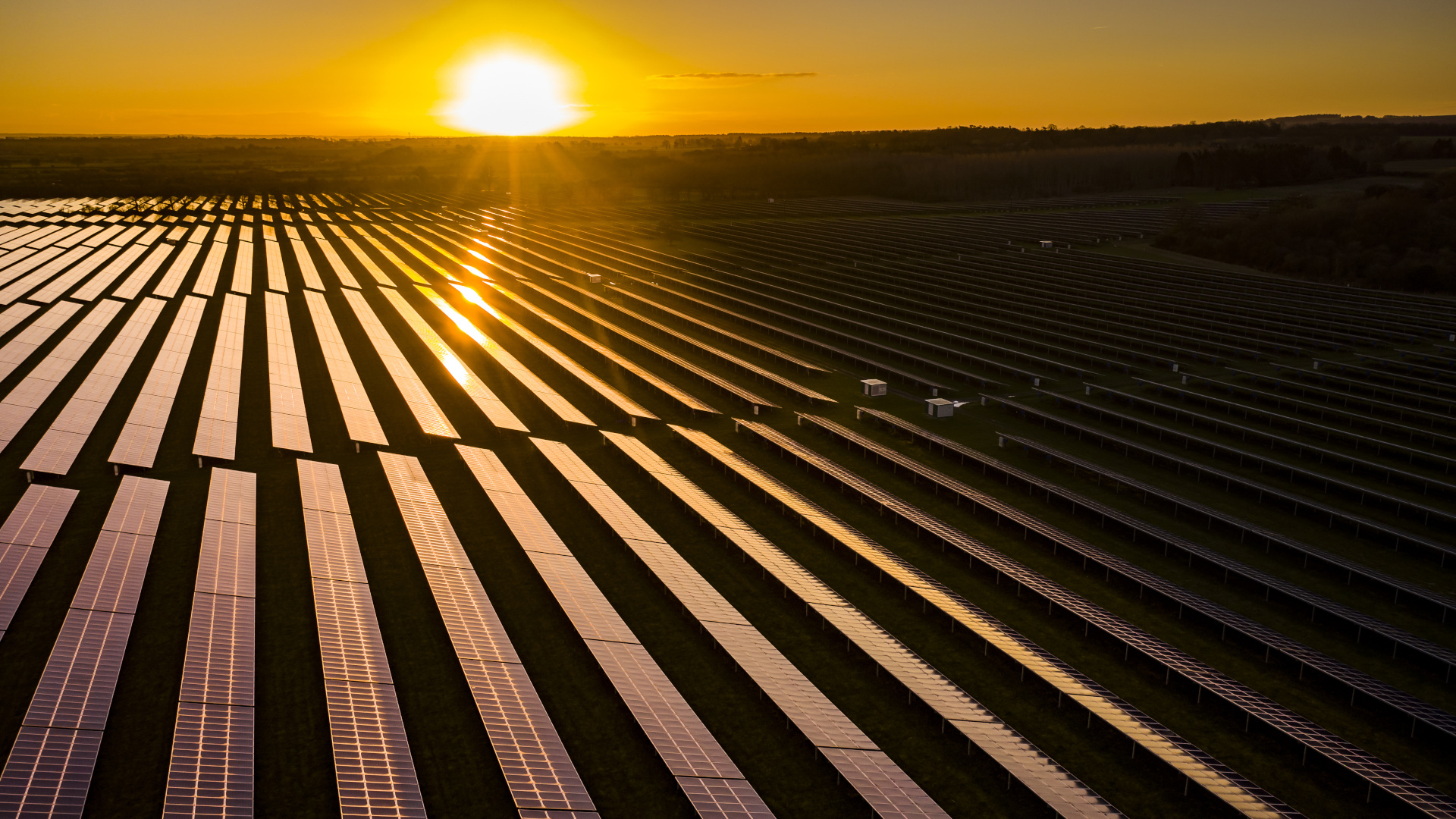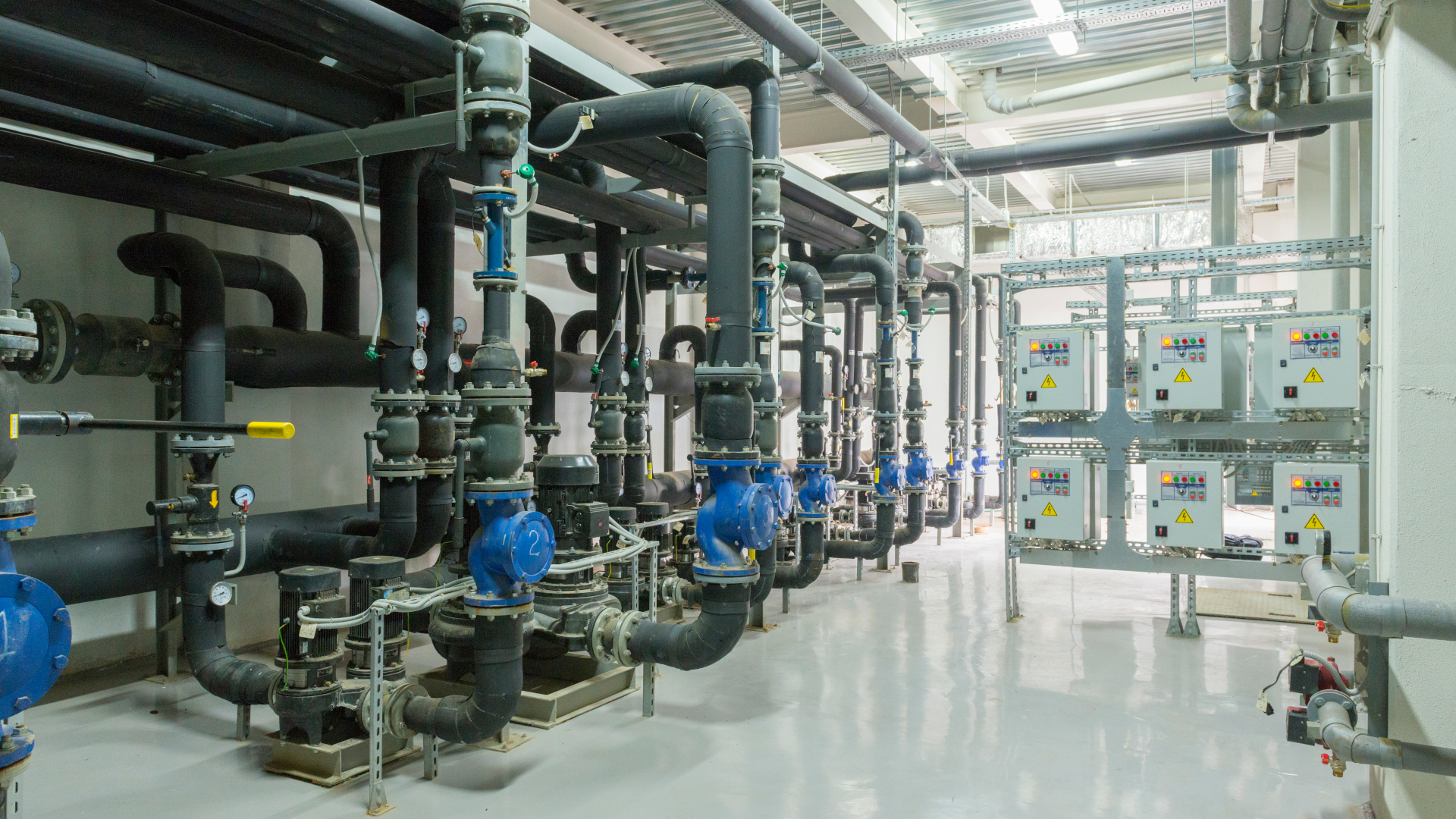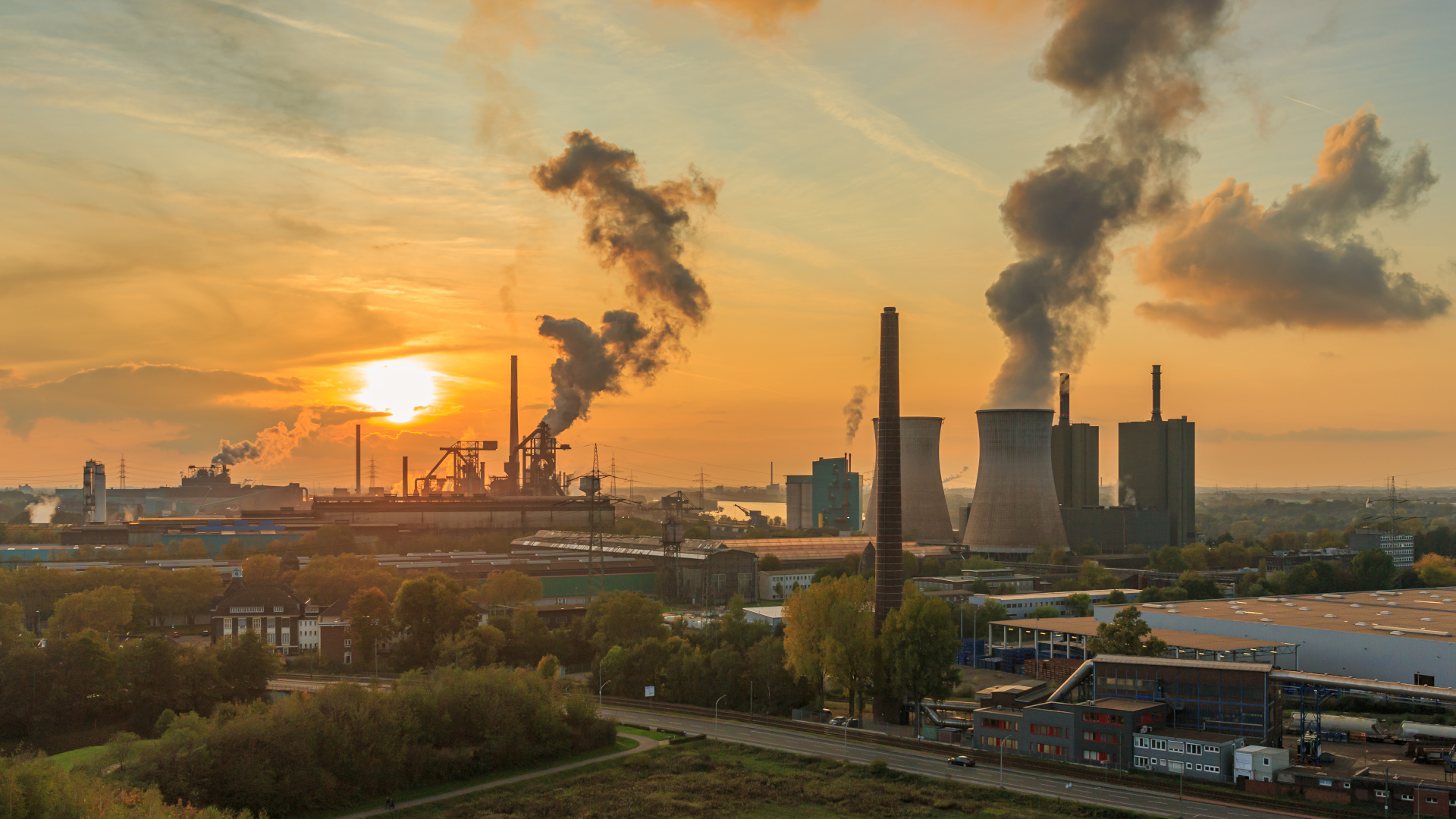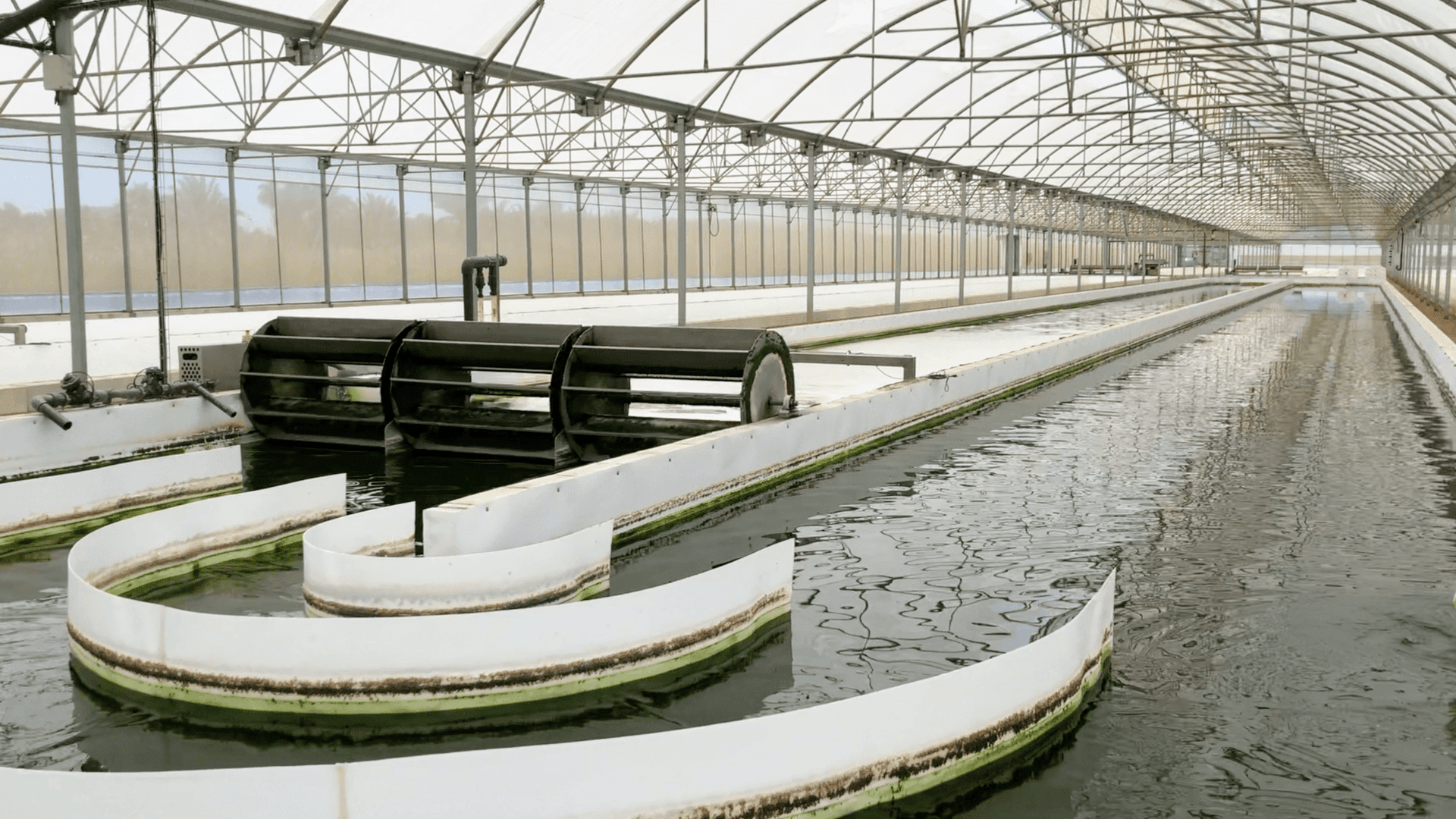Decerna is undertaking a detailed Life Cycle Assessment (LCA) and Social Life Cycle Assessment (S-LCA) of the REALM project, which takes the learning of the AlgaCycle project forward and at a larger scale.
The flourishing soilless farming and microalgae production industries seek innovative solutions to enhance sustainability while minimizing costs. The REALM project is a visionary endeavour integrating circular agriculture with microalgae production to create a symbiotic and eco-friendly system.
At the core of REALM lies the concept of using circular agriculture to cultivate microalgae, which, in turn, acts as a powerful agent to cleanse drained water, generating it safe for reuse or release into the environment. This pioneering approach represents the fusion of two industries; the concept will be explained below:
- REALM uses circular agriculture to produce microalgae which will then clean the run-off water for safe reuse and release.
- The second major innovation is applying the continuous cultivation mode on an industrial scale.
- Additionally, REALM is developing new systems to cultivate and harvest microalgae automatically, ensuring maximum growth rate and reduced labour costs. Newly developed sensors will monitor the composition of the growth medium, the quality of the culture and other biological, physical and chemical variables of microalgae production. This will significantly improve process control and, consequently, productivity. By coupling the collected data with artificial intelligence, REALM will develop predictive models and digital twins to determine the most productive cultivation setup and conditions for each microalgae strain and environment, for instance, the optimal cellular concentration of microalgae in the growth medium, significant for optical exposure of microalgae to light.
The Process is as follows;
- Farmers enrich irrigation water with nitrogen and phosphate to nourish their crops. The excess water that the plants do not utilize is collected in drain water basins.
- The collected drain water is channelled into microalgae cultivation systems like raceway ponds or photobioreactors, where microalgae thrive in this nutrient-rich environment.
- Once the concentration of fertilizers in the drain water falls below legal levels, it is either safely released into the environment or recycled back to the greenhouse for reuse.
- The microalgae are harvested automatically and continuously, streamlining the production process. They are subsequently transported to a processing facility and transformed into valuable bio-products for agricultural and aquacultural applications.
- The CO2 needed by the microalgae is partly captured directly from the air. Solar energy runs the carbon capture technology and the cultivation and harvesting system
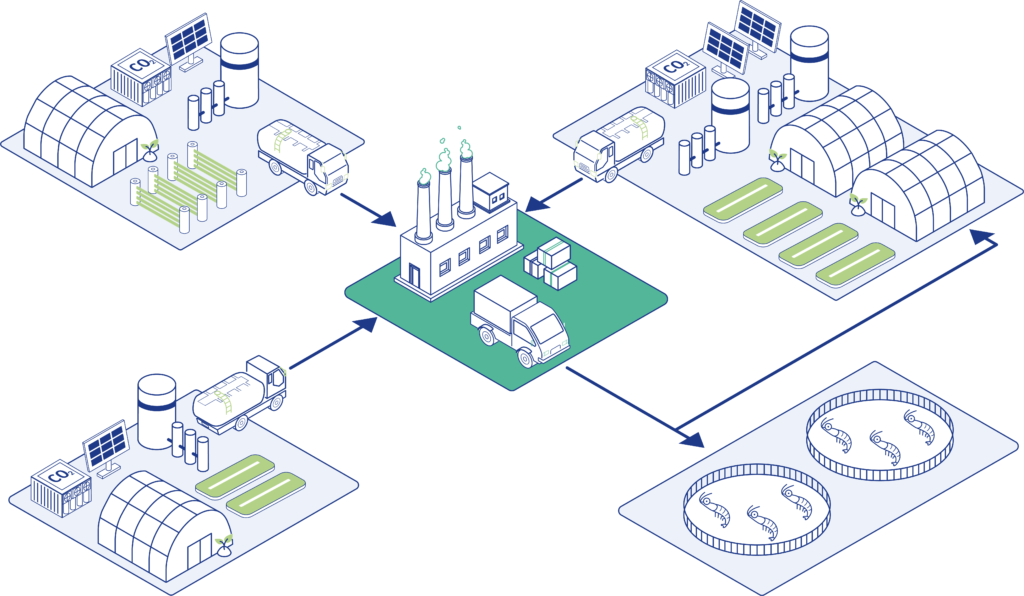
In the REALM project, Decerna leads the Life Cycle Assessment (LCA) and Social Life Cycle Assessment (S-LCA) studies. The LCA is an ISO 14040-compliant study that assesses the environmental impacts associated with all the stages of microalgae cultivation and its applications, from raw material extraction through materials processing, manufacture, distribution, use, repair and maintenance, and disposal or recycling.
In addition to the LCA, Decerna is responsible for the Social Life Cycle Assessment (S-LCA). S-LCA is a method used to assess products’ social and socio-economic aspects and their potential positive and negative impacts along their life cycle, encompassing extraction and processing of raw materials, manufacturing, distribution, use, reuse, maintenance, recycling, and final disposal.
By conducting both LCA and S-LCA, Decerna ensures that the REALM project’s processes and outcomes are environmentally sustainable and socially responsible, identifying hotspots and adapting the project to provide a truly sustainable solution. This comprehensive approach ensures that microalgae cultivation and its applications are developed to benefit both the environment and society.
Project Consortium
- NECTON – Portugal
- BIORIZON BIOTECH – Spain
- WAGENINGEN UNIVERSITY (WU) – Netherlands
- TURUN YLIOPISTO – Finland
- GreenCoLab – Portugal
- UNIVERSITEIT TWENTE (UT) – Netherlands
- ESCI – Germany
- UNIVERSIDAD DE CADIZ – Spain
- S2 AQUA – Portugal
- UNIVERSIDAD DE ALMERIA (UAL) – Spain
- IMEC – Belgium
- HUBEL VERDE – Portugal
- GLCana – Spain
- Decerna – UK
- Phycoworks – UK
Funding
The project is co-funded by the European Union. For Decerna to participate, we are co-funded by Innovate UK under the Horizon Europe Guarantee.
More information
To find out more, have a look at; https://realmalgae.eu

